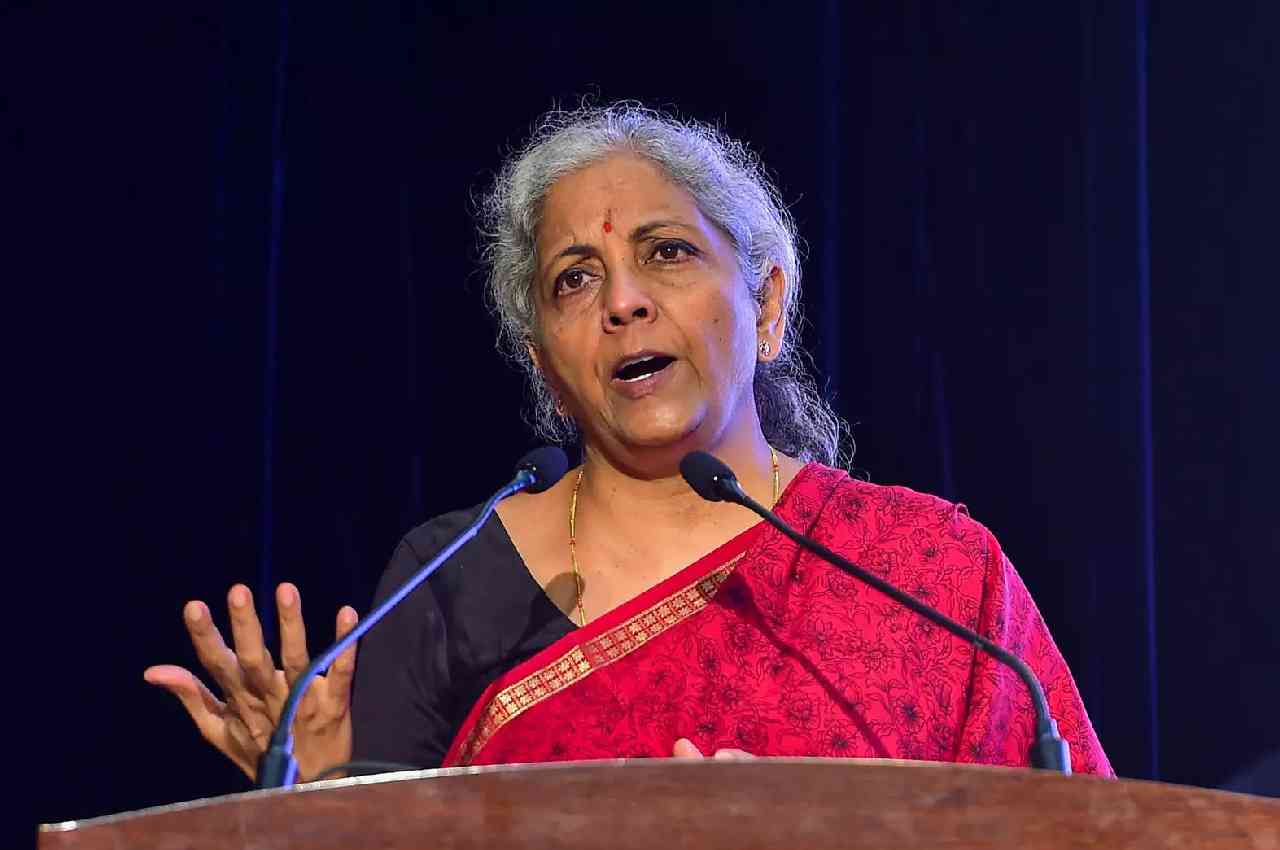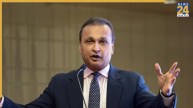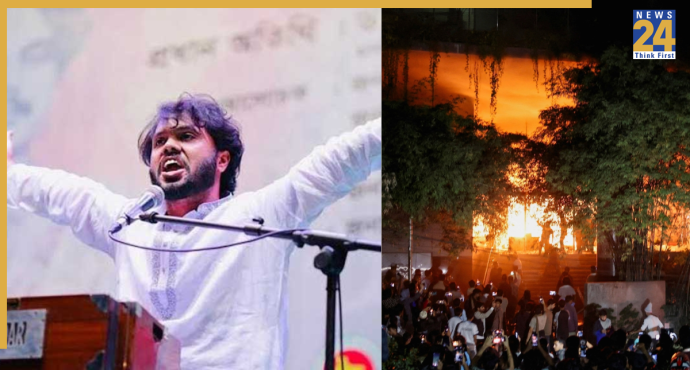Will Finance Minister Nirmala Sitharaman slash tariffs on certain goods and encourage imports to level the playing field for Micro, Small, and Medium Enterprises (MSMEs)?
India has also imposed non-tariff barriers, such as the Quality Control Order or the Approved List of Models and Manufacturers (ALMM) mandate.
Also Read: Union Budget 2025: What Will Nirmala Sitharaman Do To Create More Jobs Amid Burgeoning Unemployment?
Will she continue with crony capitalism and shield select industrialists from imports at the cost of the MSMEs and the common consumers who have to pay much more?
Will India continue with protectionism, or will it make bold decisions to integrate with the global market and the world economy?
Will Nirmala Sitharaman Dismantle Crony Capitalism?
The Union Budget 2025 will be coming at a time when there is no major elections or other political compulsions and the government has the leeway to take bold steps and carry out reforms in certain sectors.
The MSMEs have been complaining for a long time that products like steel, copper, aluminum, solar cells, textiles, and many other items are sold at much higher prices compared to imported goods.
The MSMEs, for example, have to buy solar cells at much higher costs from one or two Indian companies while the Chinese solar cells can be bought at much cheaper prices.
Tariffs, Non-Tariff Barriers On Solar Cells
Nirmala Sitharaman increased the tariff on Chinese solar cells and modules from 25% to 50% in 2024. India argued that the step was taken to protect its domestic manufacturers against China’s overcapacity.
In addition to the tariffs, India implemented non-tariff barriers to restrict the import of Chinese solar cells. It implemented the ALMM mandate on April 1, 2024.
Also Read: Union Budget 2025: Will Nirmala Sitharaman Put Dalal Street On Fire? Know How Will BSE, NSE Soar?
The ALMM mandate requires central nodal agencies and state distribution utilities to buy PV modules only from the manufacturers included in the list.
The list includes only domestic solar OEMs and modules with an efficiency equal to or greater than 19%. The ALMM list does not include any Chinese companies, keeping them completely out of the Indian market.
Will FinMin Hike Tariffs On Steel?
Similarly, the MSMEs dealing with steel, have been complaining of a lack of level playing field. India has already imposed a custom duty of 5% to 15% on steel products.
However, the Director General of Trade Remedies has advised the government to impose an additional tariff of 25% on imports. The Indian Steel Association, which boasts of more than 65% of crude steel production, demanded to impose tariffs.
Govt Policies Help Selected Steel Manufacturers?
On the other hand, the MSMSEs have argued that the government policies help two-three major steel manufacturers and the MSMEs have to pay much more to buy domestic steel compared to imports.
The MSMEs also argue that the common man has to pay more as he pays more for utensils, bicycles, white goods like refrigerators and washing machines, vehicles like two-wheelers and four-wheelers, and many more items of daily use.
Also Read: Union Budget 2025: Rs 10 Lakh Income May Soon Be Tax-Free, New Slab at 25% Expected
India currently imposes a basic customs duty on steel imports ranging from 5% to 15%. However, the DGTR has suggested the government increase tariffs up to 25% on certain steel products, primarily to protect domestic steel manufacturers from cheap imports.
MSMEs working in the fields of copper, textiles and clothes too have to pay more though imported crude copper, polyvinyl, viscose yarn etc come cheaper.
Will Nirmala Sitharaman take bold steps, jettison protectionism and relax imports by slashing tariffs and removing non-tariff barriers?
Nirmala Sitharaman Under Political Pressure?
Analysts believe the finance minister can not take bold steps as many industrialists have close relations with the ruling party and its honchos.
Though MSMEs provide many more jobs than big industrial corporate houses and generate more revenues, they lack political lobbying.
On the other hand, the Finance Minister is also under pressure of US President Donald Trump’s threat of punitive tariffs if India does not open its market and offer a level playing field to US firms.
In his first meeting with S Jaishankar, US Secretary of State Marco Rubio discussed bilateral business relations and many other subjects.
He flagged off the issue of the trade deficit with India and demanded Jaishankar to immediately take the corrective measures. In other words, Washington threatened to impose tariffs on India.













